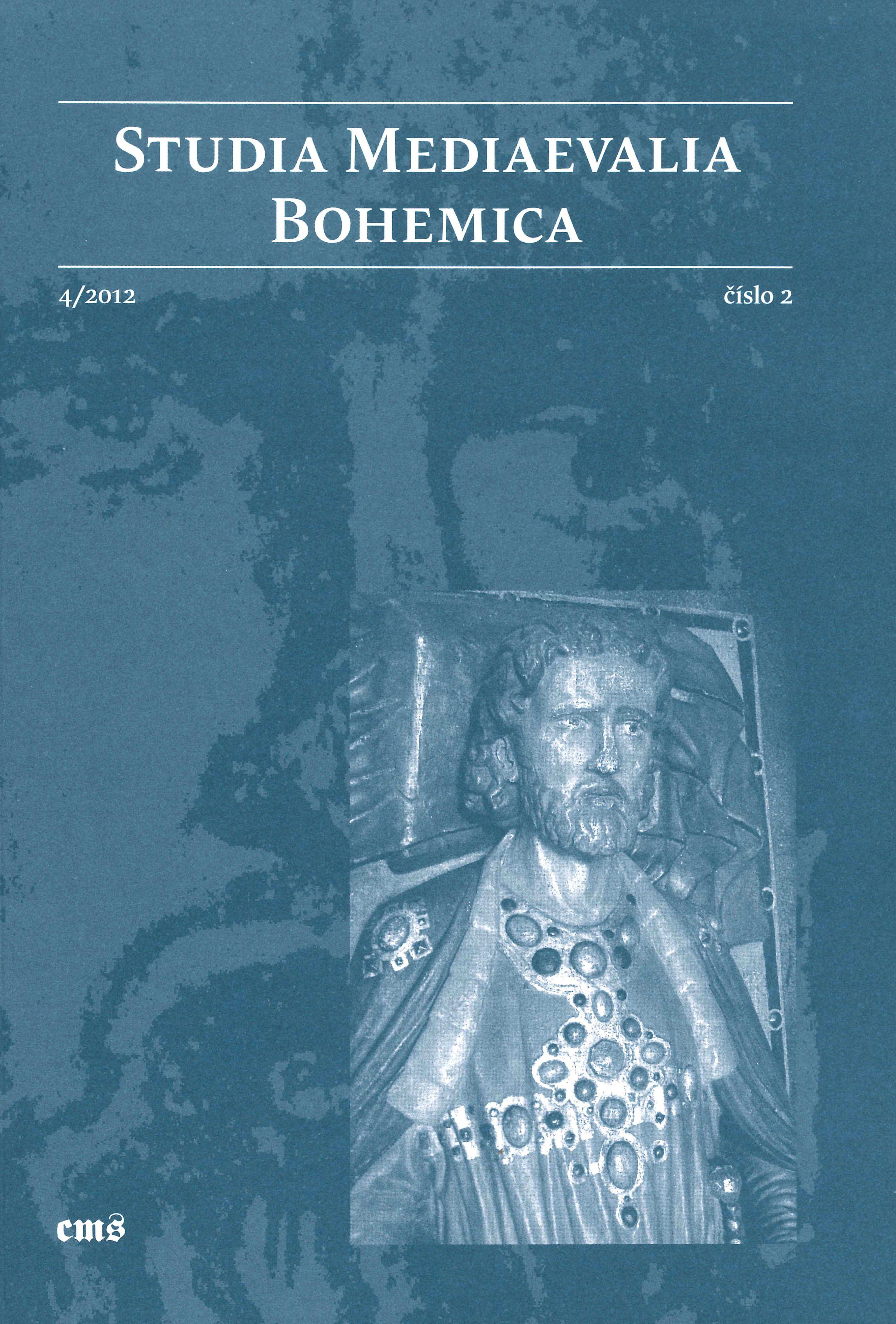The origins of Poland in the light of testimonies of witnesses at the Kingdom of Poland versus the Teutonic Knights trial in 1422–1423
The origins of Poland in the light of testimonies of witnesses at the Kingdom of Poland versus the Teutonic Knights trial in 1422–1423
Author(s): Piotr WęcowskiSubject(s): History
Published by: AV ČR - Akademie věd České republiky - Filosofický ústav
Keywords: Polish Kingdom; Teutonic Order; Bolesław I the Brave; memory
Summary/Abstract: In 1422–1423 a trial between the Teutonic Order and the Polish Kingdom took place in the presence of the pope’s envoy Zeno. Around 120 witnesses brought by the Polish side confirmed Poland’s rights to the disputed lands (including Pomerania). The author studies witnesses’ claims regarding the early history of Poland, namely its origins and the first decades of the existence of the kingdom. Witnesses recounted the establishment of the kingdom in AD 1000, during the meeting between the Emperor Otto III and Bolesław I Chrobry. They talked about the introduction of a special payment for the pope, the so-called denarius sancti Petri, usually associated with the activity of Kazimierz I, but also about the loss of the royal crown by Polish rulers, usually explained as a punishment for the murder of the bishop of Cracow Stanislaus by the King Bolesław II. According to the author, the witnesses’ knowledge about the beginnings of Poland was rather extensive, although it was very inaccurate. It was superficial, vague, imprecise, or simply false. It seems that the majority of the inhabitants of the Polish Kingdom, including its political and intellectual elites, were only familiar with a few historical characters and events.
Journal: Studia mediaevalia Bohemica
- Issue Year: 4/2012
- Issue No: 2
- Page Range: 207-214
- Page Count: 8
- Language: English

